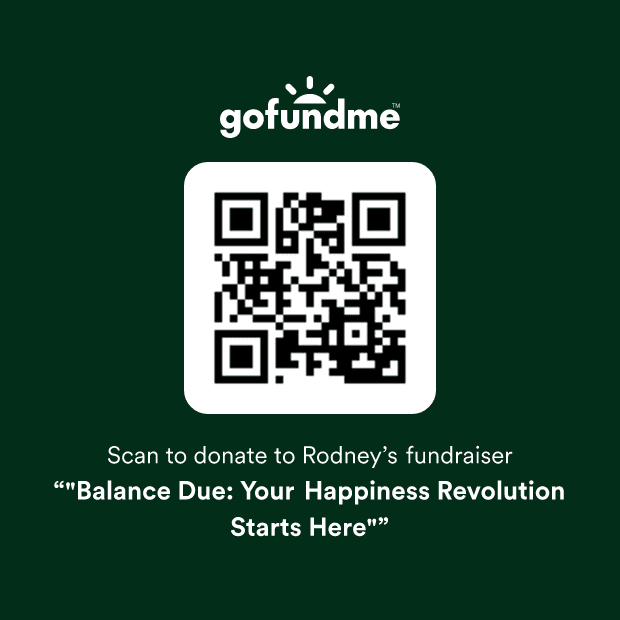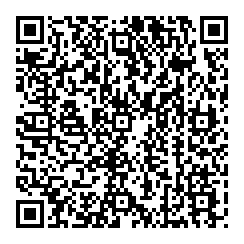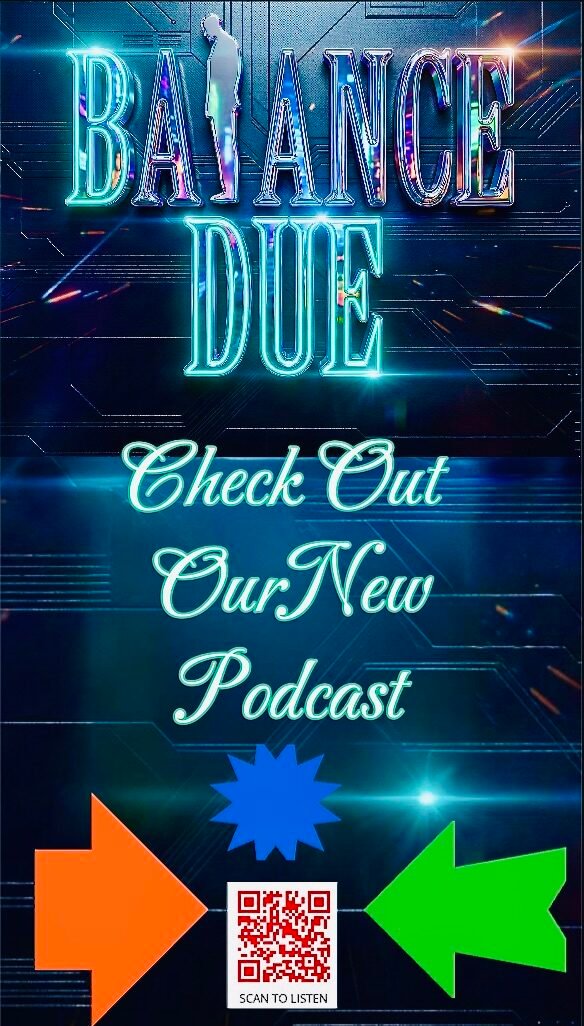
Share this content:
In times of moral challenge, there comes a moment when people of goodwill must establish boundaries, drawing a line in the sand between what they will and will not tolerate. This boundary represents more than just a personal stance; it embodies a collective commitment to principles that transcend political affiliations and speaks to our shared humanity.
The Challenge of Narcissistic Leadership
Narcissists are never wrong in their eyes, and they are very selfish and greedy. This fundamental trait makes them particularly dangerous in positions of power. Their inability to acknowledge mistakes or shortcomings creates an environment where criticism is rejected, and accountability becomes impossible. Their selfishness manifests as policies that benefit the few at the expense of the many, while their greed drives them to accumulate more power and resources without concern for those left behind.
Why is it hard working for someone that knows everything? Because such leaders create toxic environments where growth is stifled, innovation is suppressed, and human dignity is compromised. When leaders position themselves as infallible, they shut down dialogue and create echo chambers that reinforce their worldview while silencing dissenting voices. The workplace, or the nation becomes an extension of their ego rather than a collective enterprise serving a greater good.
Power Without Empathy
It’s all about him, the person currently in power in the USA. When leadership becomes self-serving rather than service-oriented, the focus shifts from addressing the needs of the people to satisfying the desires of the powerful. This self-centeredness is particularly dangerous in democratic systems designed to represent the collective will of diverse populations. When government becomes an instrument of personal ambition and retribution rather than public service, the very foundations of democracy are threatened.
This concentration of power in the hands of the privileged few has far-reaching consequences. As the reference material notes, “the top one percent own 50 percent of all the wealth in America. They own the media, majority of the politicians therefore most of the noise coming from those entities are just bluster and posturing.”
I predicted years ago and have written; the earth and civilization will someday be destroyed by a narcissist with power and unlimited resources. This statement speaks to the existential threat posed by leaders who combine narcissistic tendencies with significant authority. Without the counterbalance of empathy, power becomes destructive rather than constructive. Resources are channeled toward self-aggrandizement rather than addressing pressing collective challenges like climate change, poverty, and social inequality. The short-term thinking characteristic of narcissism becomes particularly dangerous when applied to long-term global challenges.
A Spiritual Perspective on Empathy
What does the bible say about empathy? Throughout scripture, empathy is portrayed as a cornerstone of moral character. Jesus repeatedly demonstrated compassion for the marginalized and instructed his followers to “love your neighbor as yourself.” Which in most cases, easier said than done. I say, this is a situation you should carefully evaluate.
However, my Golden Rule treat others as you wish to be treated. Which stands as one of Christianity’s most fundamental ethical principles. The prophetic tradition consistently criticized leaders who neglected the poor and vulnerable while enriching themselves.
When leadership lacks this spiritual dimension of empathy, “we the American people, the working class have to fight back and circumvent this monstrosity.” This fight isn’t about partisan politics but about restoring fundamental human values to our collective decision-making. It’s about ensuring that our systems serve all people, not just the powerful and privileged.
Knowing When to Take a Stand
Know when, where, how, and with whom. This wisdom acknowledges that principled resistance requires discernment. Some people exploit kindness and good faith, making negotiations futile. At such moments, there’s “no time for negotiations, it’s time to draw a line in the sand and say enough is enough.“
This perspective finds support in biblical examples where even the most compassionate figures established boundaries:
Even Jesus and God had a breaking point, Jesus at the temple in Jerusalem. When Jesus encountered moneychangers exploiting worshippers in the temple, he responded not with his customary patience but with righteous anger; overturning tables and driving them out with a whip of cords. This demonstrates that even divine love has boundaries; some injustices demand immediate and decisive response.
Similarly, God’s response to the village of Sodom and Gomorrah represents divine judgment against societies that institutionalized exploitation and injustice. These biblical accounts remind us that love without justice becomes mere sentimentality, unable to confront genuine evil.
The Responsibility of Citizenship
“The power lays with the people.” In democratic systems, citizens bear responsibility for the character and conduct of their government. How we respond to challenges against our core values “depends on the future for our children and grandchildren.” This perspective frames civic engagement not merely as a right but as an obligation to future generations.
The choices we make today shape the world our descendants will inherit. Will we tolerate leadership that serves narrow interests while fostering division, or will we insist on governance that acknowledges our shared humanity and works toward the common good?
A Warning About the Consequences of Hatred
This is the line in the sand, with a spiritual warning: “the bible says, your spirit will pay a price for your support and ill behavior and deceit you predicate toward others you deem less valuable through your propaganda lies, theft and hoarding of resources through your systemic criminal activity.” This speaks to the belief that moral choices have spiritual consequences. Supporting systems of exploitation and hatred damages not only society but also one’s own spiritual well-being. And to that I say, May God fast forward your one-way ticket (equipped with a perpetual curse) on the train, straight to Hell, for eternity do not pass go.
Moving Forward Together
Drawing a line in the sand means establishing boundaries based on moral principles rather than partisan interests. It means recognizing that some issues transcend political divides and speak to our fundamental humanity. It requires courage to stand against powerful interests and wisdom to distinguish between compromise and complicity. “It’s right vs wrong; faith without works is null and void.” Our values mean little if they don’t inform our actions. Drawing a line in the sand isn’t about political polarization but about moral clarity, knowing what we stand for and what we will not tolerate.
For people of goodwill across the political spectrum, this means finding common ground in a commitment to human dignity, empathy, and justice. It means creating systems that serve the many rather than the few and fostering leadership that unites rather than divides. Above all, it means refusing to be complicit in systems that devalue any portion of humanity.
In drawing this line, we reclaim our collective power and reaffirm our shared humanity. ~Balance Due


RELATED POSTS
View all



